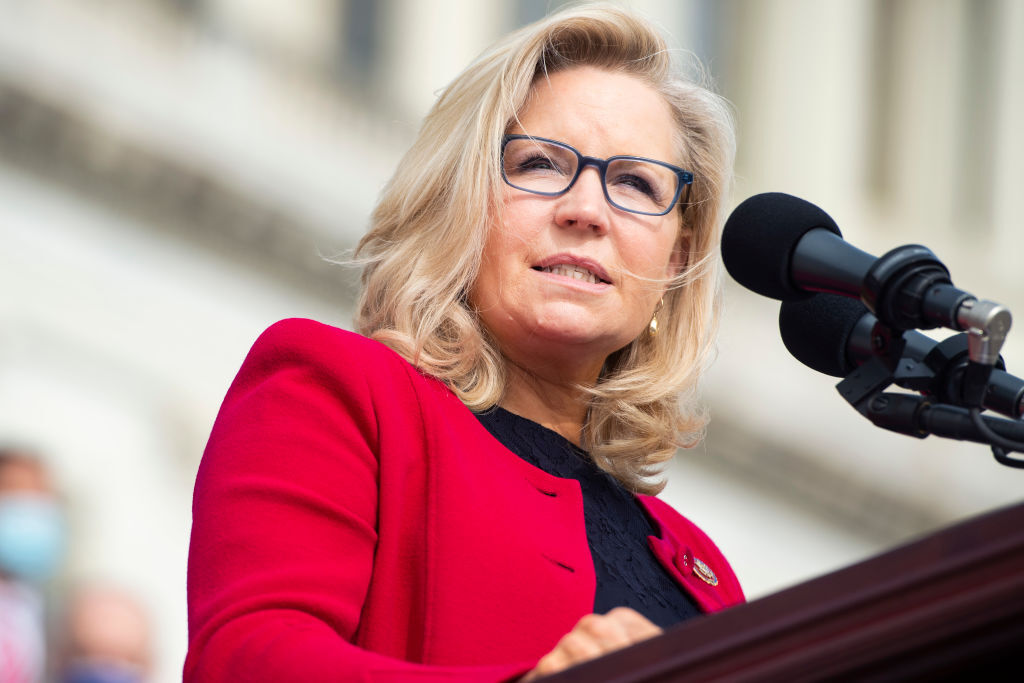
Campaign Quick Hits
A new look at the 2020 election: Remember how I said not to rely heavily on early exit polls? It’s not as much fun to wait six months, but it sure is more satisfying to have better data. We have two new voter data sets looking at the November election, from Cooperative Election Study and Catalyst. Despite a year that was dominated by coverage of race-related issues—the Black Lives Matter movement, critical race theory in schools, and “anti-racism” culture—American voters were actually less polarized by racial identity in 2020 compared to 2016.
Some interesting takeaways:
White voters as a percentage of the electorate continued to decline. In 2008, white voters made up 77 percent of the vote total. In 2020, it was 72 percent. White voters without a college education remained the largest single voting bloc, but that bloc is steadily shrinking—from 51 percent in 2008 to 44 percent in 2020.
The biggest shifts from 2016 are ones we already knew: “Trump did better with Asian American and Hispanic voters than in 2016, while Biden did better than Hillary Clinton among non-Hispanic white voters.” But if you do this for a living, you are going to spend a lot of time looking at the precinct level data to figure out whether the money or the ground game pushed or pulled any of these voters or whether this was the result of macro trends that would be happening regardless of the candidates or campaigns. If we have a rematch of Trump vs Biden in 2024, it will actually be a great political science experiment—if the changes are the result of macrotrends, you’d expect them to continue at the same pace and if they are the result of candidates you’d expect them to look more or less the same as 2020.
There’s a chicken and egg problem with non-white Republican voters. Their answers to questions about “racial attitudes” look a lot like white Republican voters. (As just one example, “15 percent of Black adults and 38 percent of Latino adults either said they opposed the Black Lives Matter movement or were non-committal about it … similar to the percentage of those groups that voted for Trump in 2020.”) But do they vote Republican because of their racial attitudes or do they share those racial attitudes because they identify as Republicans?
The gender gap is alive and well. Women continue to make up a larger share of the electorate than men at 54 percent. The turnout gap is even more pronounced among women of color: Black women made up close to 60 percent of black voters and Hispanic women made up 56 percent of the Hispanic vote. Looking at Biden’s voters, he had about a 10 point gender gap—57 percent of women voted for Biden but only 47 percent of men—and that largely held true across racial lines, which is fascinating.
Thought bubble: The whole ‘demographics is destiny’ argument that gave the left hope and the right nightmares was always doomed to fail. And now it’s easier than ever to see why. If Republicans continue to make gains with non-white voters (especially Hispanic and Asian voters) as Democrats continue to make gains with white voters (and especially college educated white voters), while interracial marriages continues to grow overall, it won’t be that long until race simply becomes less relevant to our politics. What is less clear is what will take its place. Urban vs. rural? Coastal vs. fly over? Age? Class? Education? Gender?
Social media is just another word for partisan divide: According to a new Pew study, Democrats are more likely to use Instagram—and a lot of other social media tools—than Republicans. Of course, age is correlated with social media use and Democratic party affiliation. But Pew found that “age differences in social media use and party affiliation do not fully explain why Democrats are more likely than Republicans to use some platforms.” In fact, if you look at the under-50 crowd in the chart below, the partisan gap on Instagram actually increased.
Another fun nugget in the data was which sites don’t have a partisan difference, especially when you factor in race, which like age can also be correlated with partisanship: “similar shares of both White Democrats and Republicans use TikTok, Facebook and Pinterest.”
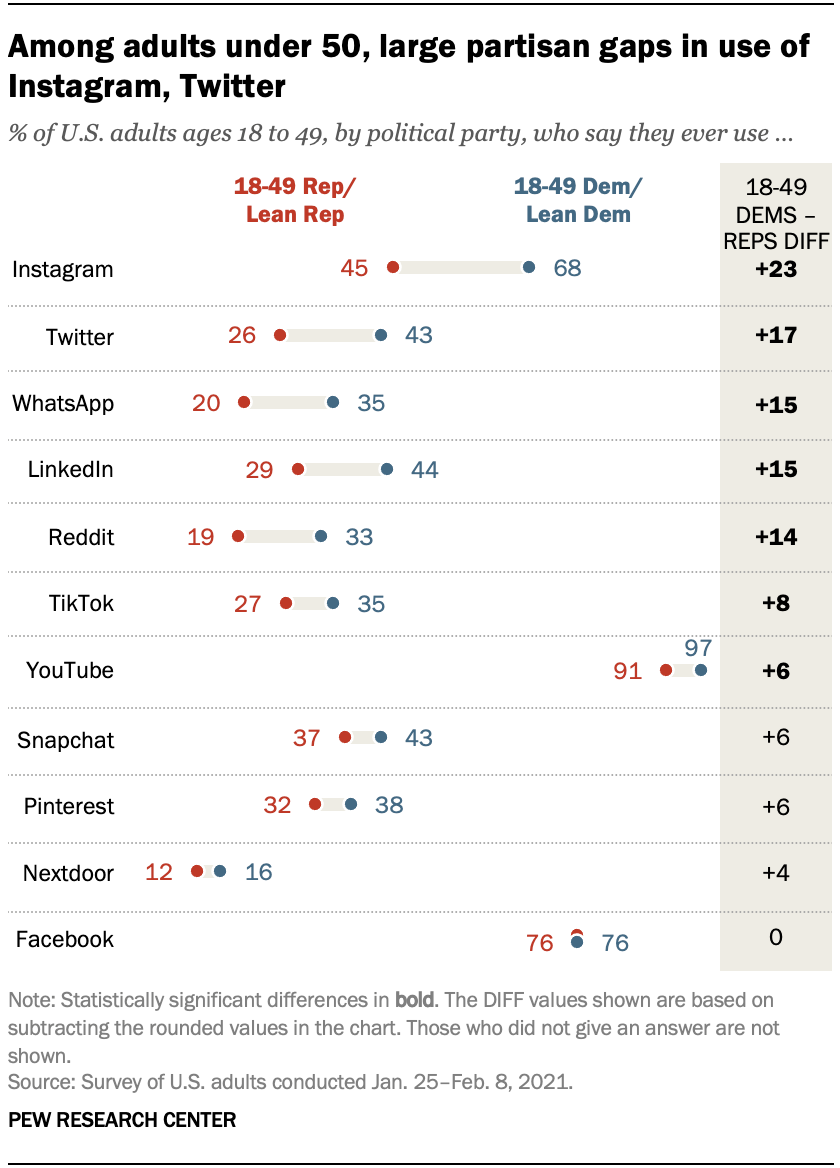
There are more independents than ever before—and that’s part of what's driving our partisanship: According to Pew, in the mid-2000s, about a third of voters each identified as Republicans, Democrats, and Independents. Today, more than 4 out of 10 say they are independents while fewer than 3 in 10 say they are Republicans or Democrats. But independents aren't middle of the road voters. In fact, 75 percent will say that they lean toward one party or the other and “Independents who lean toward a party also tend to back that party at almost the same rate as openly partisan voters.”
When you first read that, it sounds like we’re headed in the right direction. Less party affiliation equals less partisanship. But it’s actually the opposite: What has happened, as Geoffrey Skelley of FiveThirtyEight notes, is that our “parties are weak while partisanship is quite strong.”
As people become so turned off that they don’t want to affiliate with either party, they also disengage in other ways—yard signs, canvassing, etc. So while they will still pull the lever for the guy with the R next to his name as much as they ever did, and as much as someone who openly proclaims to be a Republican, they have no ability to tap the brakes on the crazy within the party anymore. According to one study, “abandonment of voters openly identifying with one of the two parties has led to less political engagement, which means Americans are exerting less influence on what the parties look and sound like.” It’s a vicious cycle, because as the parties cater more to the extremes, more people leave the parties and identify as independents—all the while voting the same as they did before.
Why Insurgents Win: The Liz Cheney Story
I don’t want to oversimplify the history of warfare for the sake of a political analogy … but actually, that’s exactly what I’m going to do. Looking at the American War of Independence, the War of 1812, the Vietnam War, and the War on Terror in Afghanistan, there’s one lesson that stands out to me. The side that “won” couldn’t walk away. It’s not just a quaint phrase that the Declaration’s signers pledged “our Lives, our Fortunes and our sacred Honor.” If they had lost the war, they would have been dead, their children left without money or land, and their names would have replaced Benedict Arnold’s in the history books.
To King George, on the other hand, the war was a cost-benefit analysis—albeit an expensive one. He would go on being the Mad King with or without the upstart colony that was proving a bit difficult to subdue. Ditto his son in 1812. As Wikipedia so delightfully describes it: “Given the widespread British invasions, burning of American cities, including the capitol building, the blockade and the continued confiscation of American ships and cargo, Americans believe they had defeated a British attack on their sovereignty … while the British continued to consider the war as a minor theater in the larger worldwide Napoleonic Wars.” Well, then.
I bring all this up as a way of thinking about the wars being fought within the Republican Party. John Boehner is a successful lobbyist drinking wine in the middle of the day. Paul Ryan is on the board of major American corporations and a professor at Notre Dame. The also-rans in 2016 are also doing just fine—Chris Christie, Carly Fiorina, et al. But what Fortune 500 company would (or even could) put Rep. Marjorie Taylor Green on their board? Or TX Attorney General Ken Paxton?
The Kevin McCarthys of the world are like a GPS system that is constantly recalculating its route to 218. It will continue to follow the quickest path to the next stop without ever realizing that if your final destination is Honolulu (i.e. a path back to the presidency), it doesn’t matter how quickly you drive your Honda minivan to Los Angeles—you’re going to need a different mode of transportation entirely if you want to get to Hawaii.
The point is that the GOP insurgents aren’t playing politics. This is it. They’ve cast their lot in with Trump and with the election nonsense and all the other stuff. They are fighting for their names and livelihoods. If they lose, it is a total wipeout. And they don’t need to win, they just need a stalemate. All they have to do is wait out the Liz Cheneys and Ben Sasses and Adam Kinzingers until they get too tired or frustrated or bored … and decide to move on to any of their other options in the private sector.
And so as we wait for the vote on Wednesday, Liz Cheney looks poised to lose her leadership seat, and she will be just fine. And she knows she will be just fine. She doesn’t need this sh**, as they say. But the insurgents don’t need to win. They just need to convince King George they aren’t worth the cost to stay. One down ... and not many more left to go.
Last up, Audrey’s got some more GOP tea leaves to read coming out of Virginia.
Glenn Youngkin Becomes Virginia GOP’s Gubernatorial Candidate
Former investment executive Glenn Youngkin was declared the Virginia Republican Party’s official nominee for governor Monday evening after second highest vote getter Pete Snyder conceded right before 10 p.m. while votes were still being counted. “Virginians have made it clear that they are ready for a political outsider with proven business experience to bring real change in Richmond,” Youngkin said in a statement Monday evening.
The Virginia GOP’s decision to opt for a ranked choice voting system for this year’s nominating convention kept gubernatorial election watchers in suspense as votes were tallied late into the evening. In each round, the lowest vote-getter was eliminated, and that candidate’s voters were reallocated to the candidate they wrote in as their second choice.
Youngkin led each round in the convention’s ranked choice voting system but wasn’t able to win a simple majority of votes until the sixth round of counting, when he secured 54.7 percent of the vote over Snyder. GOP candidates Octavia Johnson, Peter Doran, and Sergio de la Peña, Kirk Cox, and Amanda Chase were eliminated earlier Monday in that order.
Youngkin’s victory ends a contentious election cycle in Virginia, where Trump lost by 10 points in 2020 and where no Republican has been elected to statewide office since 2009. Even though the Democratic candidate will certainly have an edge in November, it’s worth remembering that Virginians have elected a governor opposite the president’s party every single election cycle since 1977. (The sole exception to that trend was in 2013, when former Democratic Gov. Terry McAuliffe—who is running for governor again this year—won after Obama’s reelection in 2012.)
Looking ahead to the general election in November, political analysts say Youngkin’s fundraising abilities will work to his advantage. J. Miles Coleman—an assistant editor at Sabato’s Crystal Ball at the University of Virginia’s Center for Politics—accurately predicted that Youngkin was the likely winner given his sheer ability to outraise the other candidates. “At least in Charlottesville, he’s the only candidate I've got a mailer from,” Coleman said last Thursday. “So I have to think, will people who aren’t paying attention to politics at least know his name?”
In light of Youngkin’s victory, Coleman predicts that McAuliffe—the likely Democratic nominee—will play up his fundraising abilities ahead of the Democratic primary June 8. “If Youngkin can win the convention,” Coleman said last week, “I can definitely see McAuliffe making the case with the Democrats: ‘Okay, well, I’m the one who can fundraise.’” According to the Virginia Public Access Project, Youngkin raised $7.7 million as of March 31 compared to McAuliffe’s $9.9 million.
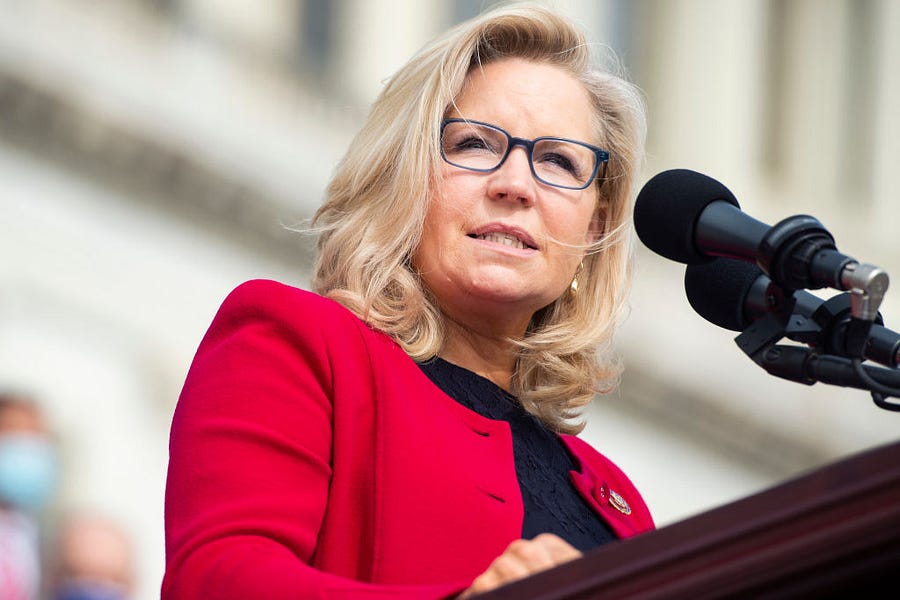




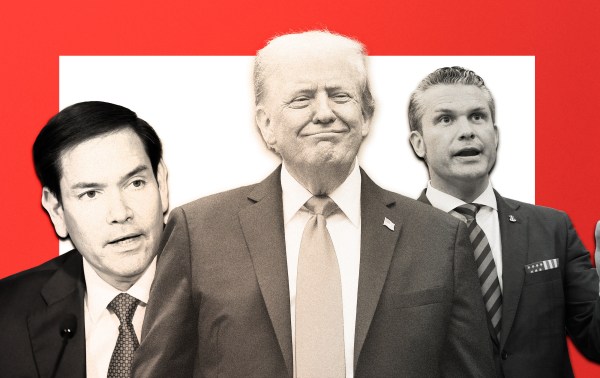

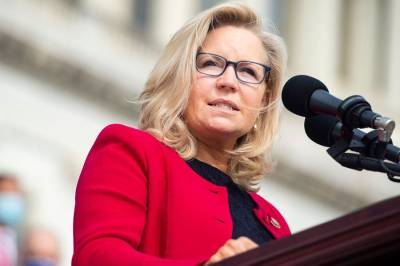
Please note that we at The Dispatch hold ourselves, our work, and our commenters to a higher standard than other places on the internet. We welcome comments that foster genuine debate or discussion—including comments critical of us or our work—but responses that include ad hominem attacks on fellow Dispatch members or are intended to stoke fear and anger may be moderated.
With your membership, you only have the ability to comment on The Morning Dispatch articles. Consider upgrading to join the conversation everywhere.